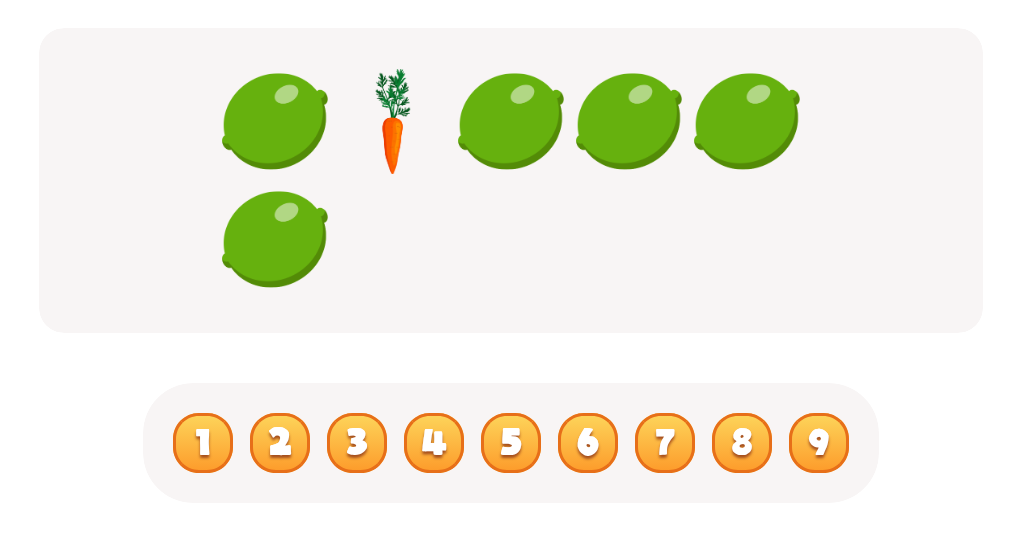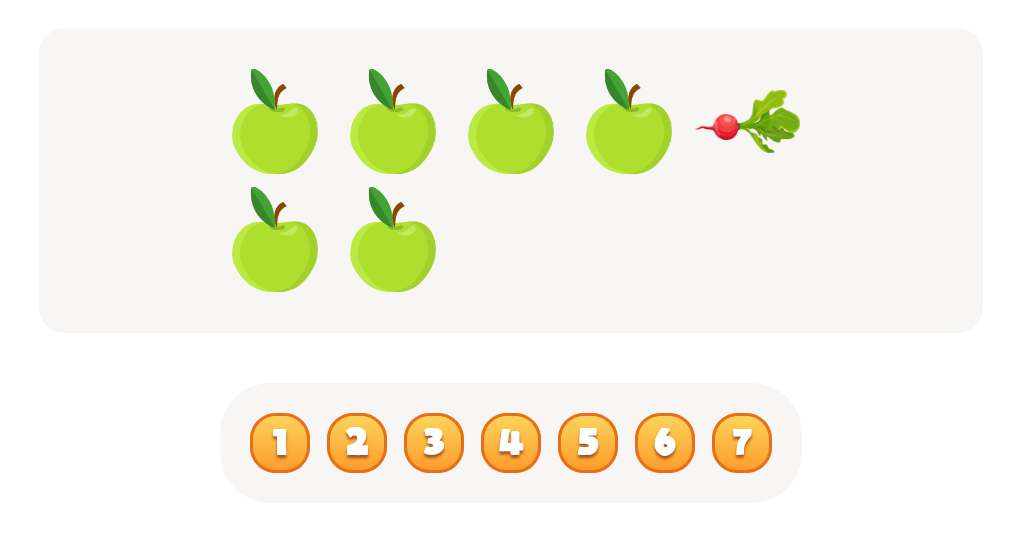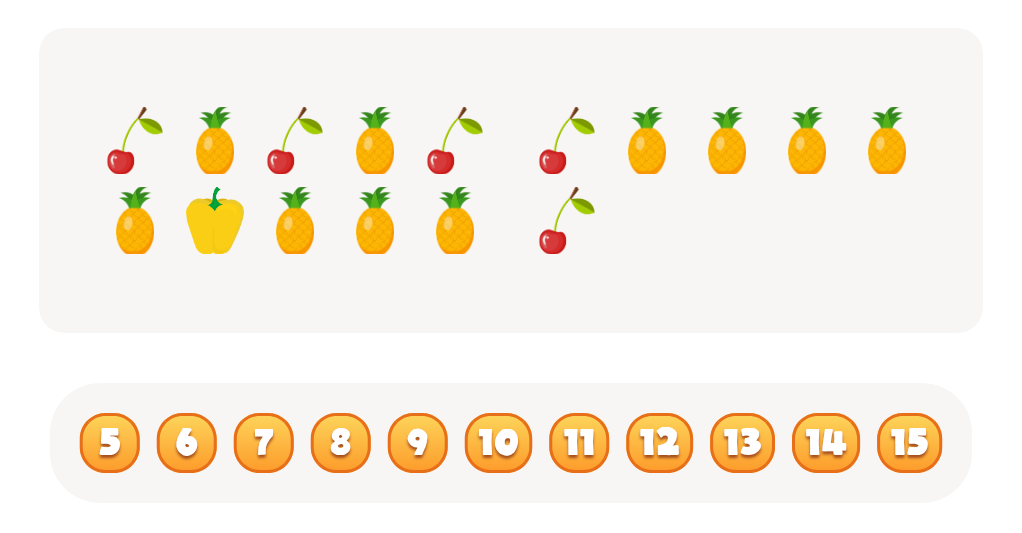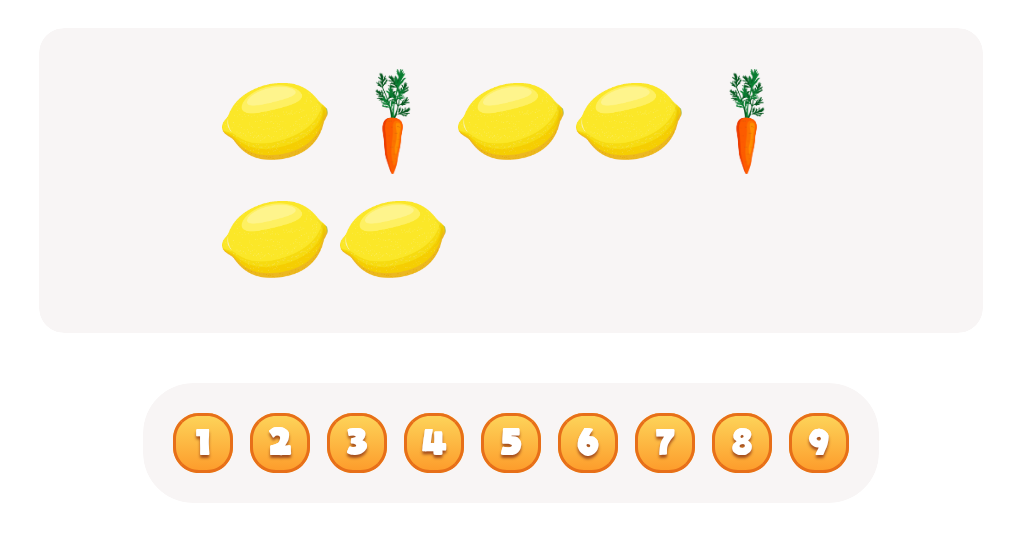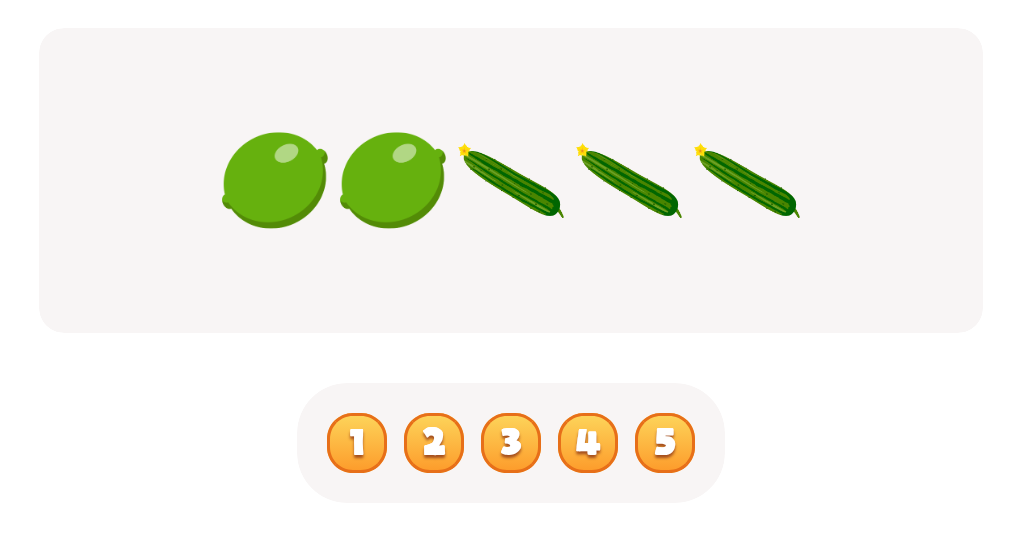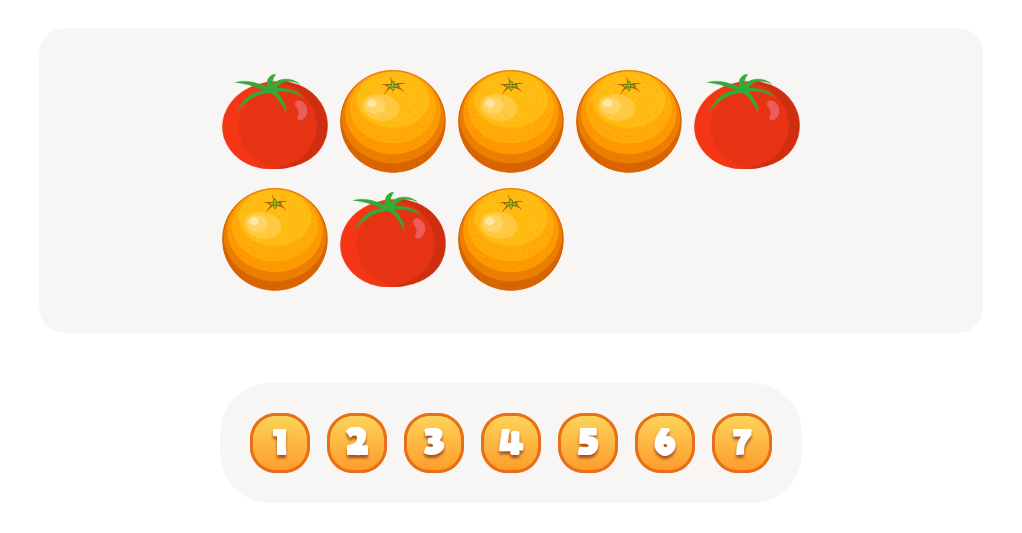Plant identification Normal Plants and Animals Worksheets
4 filtered results
-
From - To
Discover our engaging "Plant Identification: Normal Plants and Animals Worksheets" designed to help young learners master the basics of identifying common plants and animals. Perfect for early grade science, these worksheets blend fun and education with vibrant visuals and interactive activities, enhancing children's observation and classification skills. Educators can access a variety of illustrated guides and exercises tailored to nurture curiosity about the natural world. Empower your students with the knowledge to recognize different species and understand their characteristics, effortlessly combining learning with play. Cultivate a love for science with our exceptional printables today!
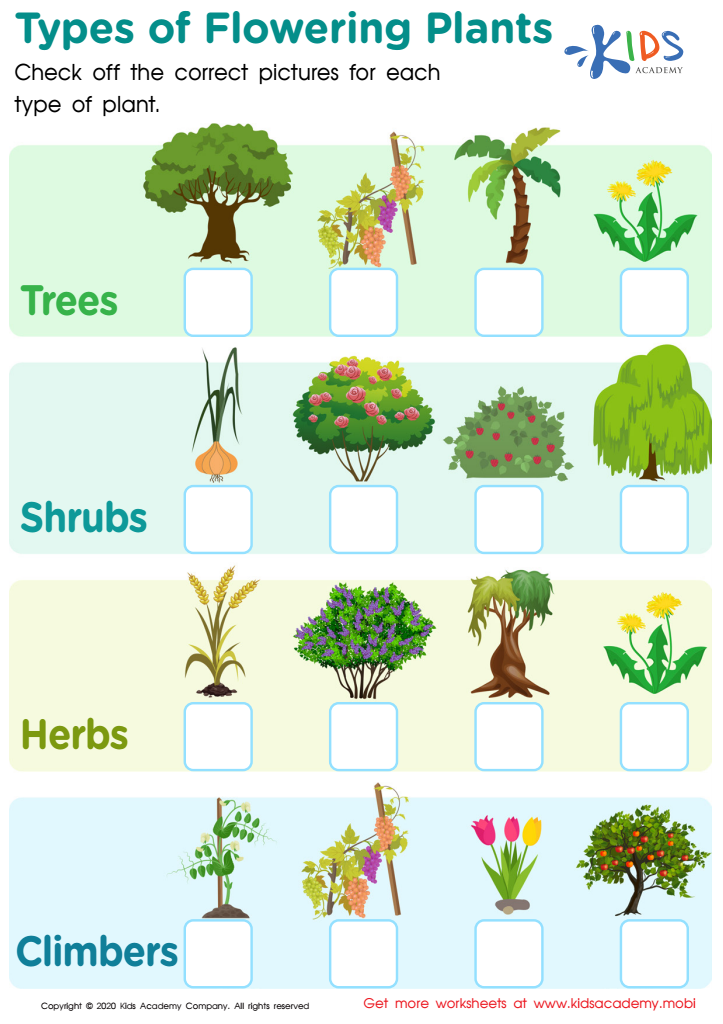

Types of Flowering Plants Worksheet
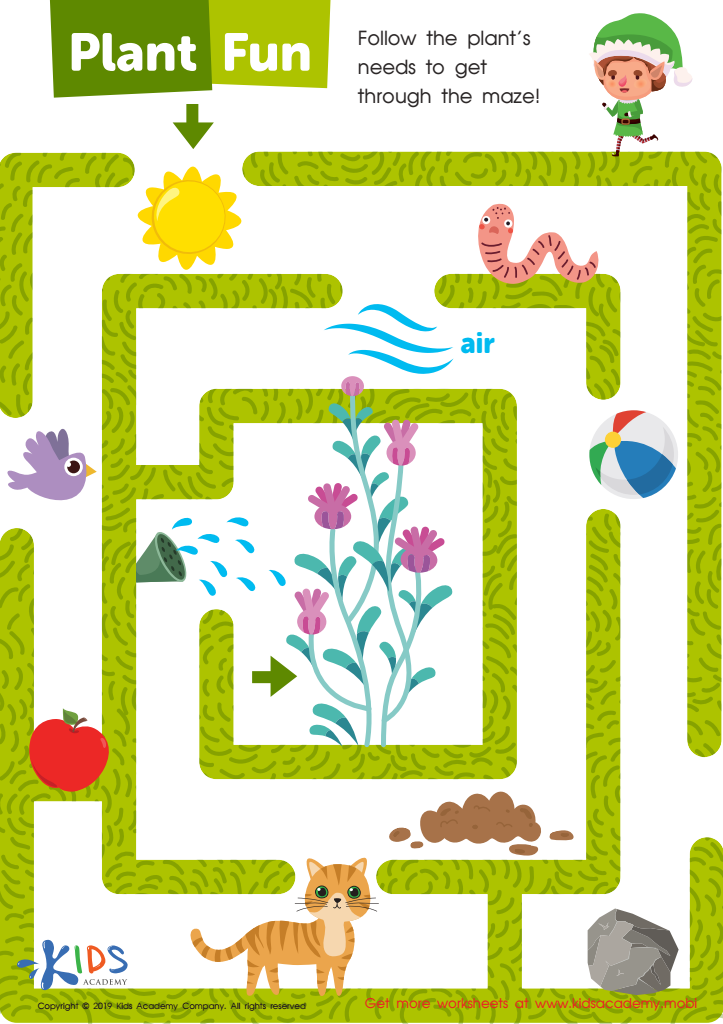

Plant Fun Worksheet
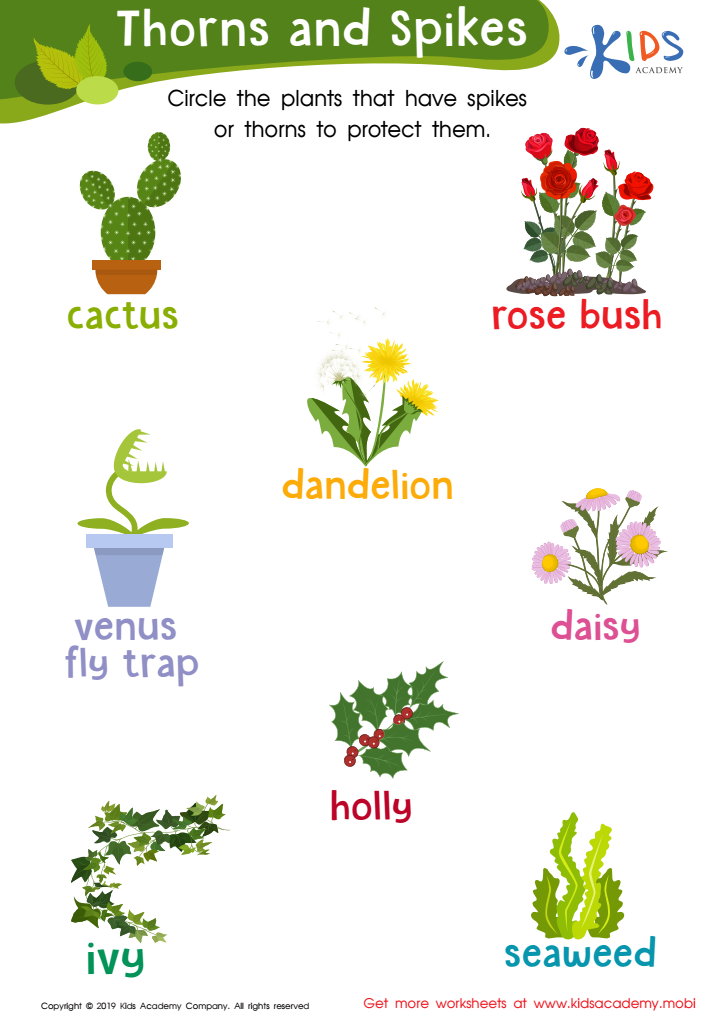

Thorns and Spikes Worksheet


What Do Plants Need to Grow Worksheet
Parents and teachers should care about plant identification (both normal plants and animals) because it plays a crucial role in fostering environmental awareness and ecological literacy among children. First, understanding different plant and animal species helps children appreciate biodiversity, teaching them the importance of every organism in an ecosystem. This awareness can cultivate a sense of responsibility and stewardship for the environment from a young age.
Engaging with nature and learning to identify different species can also enhance students' observational skills and scientific thinking. It incorporates experiential learning, encouraging children to explore, ask questions, and develop critical thinking skills. Additionally, knowing the plants and animals in their surroundings can help children understand seasonal changes, food webs, and ecological relationships, which are fundamental concepts in science education.
Beyond environmental education, plant and animal identification can promote outdoor activity, which is beneficial for physical health and emotional well-being. Spending time in nature has been shown to reduce stress and improve mood, attention, and overall happiness for both children and adults.
Lastly, this knowledge can be practical and lifesaving. Recognizing harmful plants and animals can prevent accidents and injuries, ensuring children's safety during outdoor activities. Therefore, fostering attention to local flora and fauna appropriately equips children with valuable life skills and a deeper connection to their natural world.
 Assign to My Students
Assign to My Students
